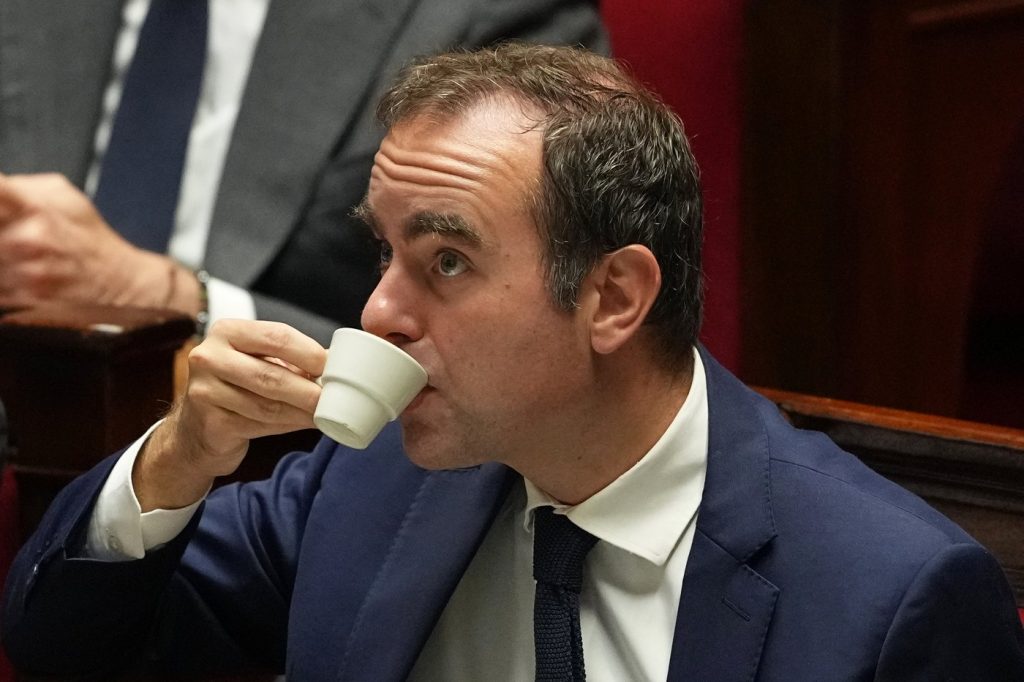PARIS (AP) — French Prime Minister Sébastien Lecornu has successfully survived a vote of no-confidence that could have led to the collapse of his fragile government and further political turmoil in France. The vote, which took place in the National Assembly on Thursday, was critical for Lecornu, enabling him to continue his efforts to pass a challenging 2026 budget for the European Union’s second-largest economy before the year's end.
By dodging this political bullet, Lecornu also spares President Emmanuel Macron from the immediate need to dissolve the National Assembly and call for snap legislative elections. Macron hinted that such drastic measures would be considered if Lecornu was unable to maintain his position. The test of confidence involved two no-confidence motions initiated by crucial adversaries of Macron’s administration, namely the hard-left France Unbowed party and Marine Le Pen's far-right National Rally, along with their parliamentary allies.
The vote commenced with the motion from France Unbowed, which ultimately fell short, receiving support from 271 lawmakers but requiring a majority of 289 to succeed. Subsequently, the assembly turned its attention to Le Pen’s second motion, though expectations for its success are low, as many on the left are unlikely to support it.
Despite avoiding immediate crisis, Lecornu's position remains precarious. In order to garner the necessary votes, he suggested the possibility of rolling back one of Macron’s most controversial reforms: the gradual increase of the retirement age from 62 to 64. This potential suspension of the 2023 pension reform helped persuade some opposition lawmakers to reluctantly abstain from supporting the no-confidence attempts, at least for the present. However, their stance could shift, especially if they feel their demands are not met during the upcoming budget negotiations, which are expected to be contentious.
Lecornu has assured both lawmakers and the public that he will not resort to using a special constitutional power to push the budget through Parliament without legislative approval. This approach had been previously employed by Macron's government to enforce the unpopular pension reform, sparking widespread protests in the past. The Prime Minister's commitment to work collaboratively underscores the importance of building a consensus in Parliament, particularly as he faces significant challenges in addressing tax increases, spending reductions, and measures needed to mitigate France's growing state deficit and debt.
As the political landscape continues to evolve, Lecornu's survival from the no-confidence motions offers a temporary reprieve. Nevertheless, greater challenges lie ahead as he navigates the complexities of budgeting and governance in a divided National Assembly.











